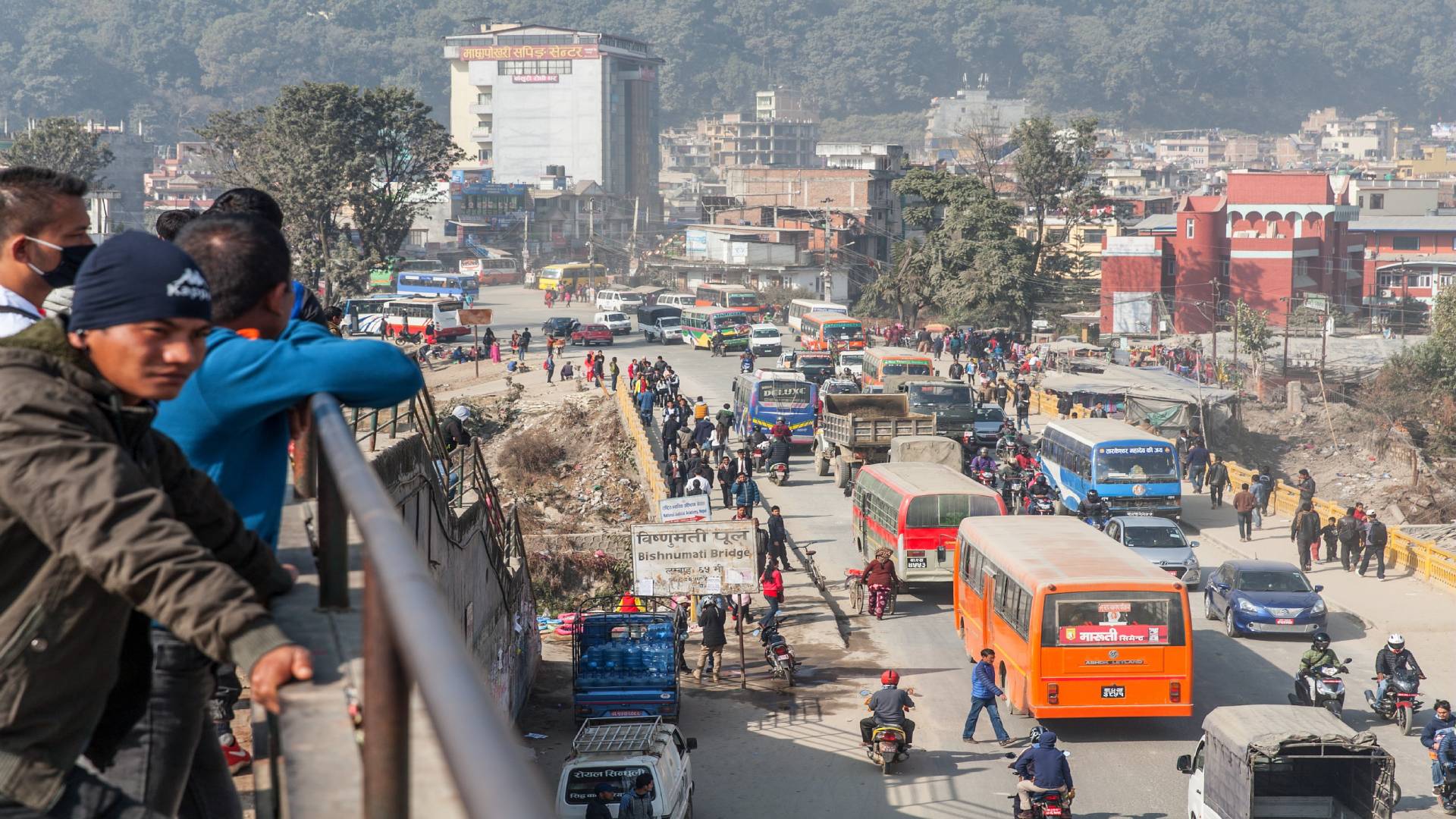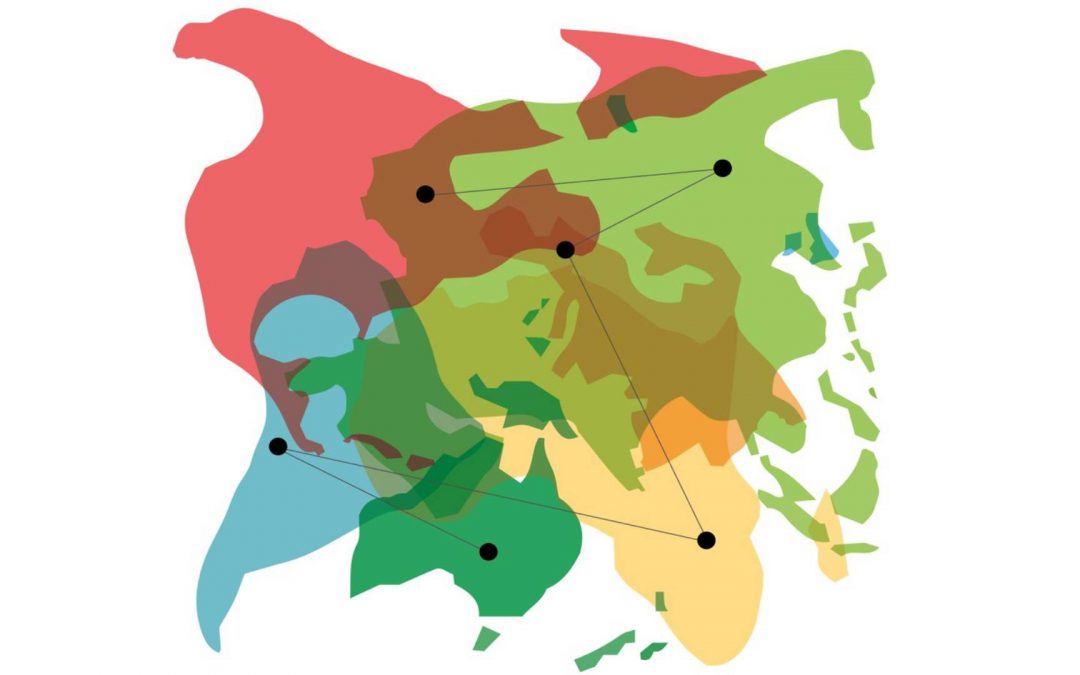Everybody’s Cosmopolitanism. An idea for the 21st Century. A new editorial project (BRILL, 2025) supported by GRIP, the University of Nantes, the University of Salerno and the University of Helsinki.

This international reference book (BRILL, 2025, open access) is an encyclopedic project covering varieties of cosmopolitanism rooted in different traditions of thoughts (in the West, in Europe, in the Mediterranean area, in Islam World and the Middle East, in the East and South Asia, in Sub-Saharan Societies and elsewhere). Built on the idea of a genuinely enriching dialogue between scholars living in distinctive and distant societies, this book starts from the idea that cosmopolitanism, born of the European Enlightenment and proposing a path to universality, is nevertheless a situated cultural production, accused of perpetuating epistemic injustices and betraying its ultimate aspiration of inclusion. It is thus worth asking whether cosmopolitanism can survive the critique of its allegiance to the Western hegemonic universal, and inquiring about its possible enrichments by other, non-western contributions, so that cosmopolitanism really becomes “everybody’s cosmopolitanism”. The cosmopolitan approach is rooted in both normative and empirical, situated perspectives, all of which are embedded in the dialectic of the universal and the particular. Far from reducing others to subalterns, the multiple “cosmopolitan” traditions, of which the Western tradition is only one, allow for an understanding of a plural and shared world, as a rich scholarly literature has shown. From the universal horizon of Humanity captured in its different forms of life and claims, comes what we call “everybody’s cosmopolitanism” (in reference to Gertrud Stein’s book, “Everybody’s autobiography”): these are forms of cosmopolitanism that draw the possibility of an inclusive and just world, precisely through the encounter with others and by submitting to the test of others, that is, by receiving their criticism and building bridges. At stake will be the co-production (with recognition of legitimate challenges along the way) of common norms and values that will bring together different heritages and traditions on an equal footing”.
Timeline
- Call for publication: April 2023
- Submission of abstracts (500 words maximum): end of September 2023
- Answers to the authors: November 15th, 2023
- First versions of the chapters (5000/7000 words maximum): early June 2024
- Remarks to the authors: end of September 2024
- Second versions of the chapters: end of November 2024
- Submission of the manuscript to Brill: May 2025
- Date of publication: Fall 2025
Contact
For all correspondance: everybodycosmopolitanism@gmail.com
À lire aussi

28th November 2024, presentation of the book: Pescando guindas en la siesta
Hebe Vessuri, a member of GRIP's Scientific Council, presents her latest book the 28th November 2024: Pescando guindas en al siesta, editorial SB. © Reserved rights Hebe Vessuri, presents her latest book the 28th November 2024:...

27th November, international symposium SEOSA
The international symposium Societal engagement of organizations and sustainability in Africa: catalysts for resilience in theface of multiple crises? SEOSA will take place the 27th November 2024 in Tunis. © Reserved rights The...

26th and 27th November -24 hours of the same world
24 hours of the same world: what has changed with globalization over the past 25 years? Tuesday November 26 to Wednesday November 27, 2024. The event will end up with a musical intervention and a cocktail ! © Dix-milliards-humains...

CAHIER GRIP : SEMANTIC MAPPING
GRIP has just published its second cahier of SEMANTIC MAPPING. This booklet is the result of work begun in 2021. We're proud to share it with you! © Reserved rights GRIP has just published its second cahier of SEMANTIC MAPPING. This...
